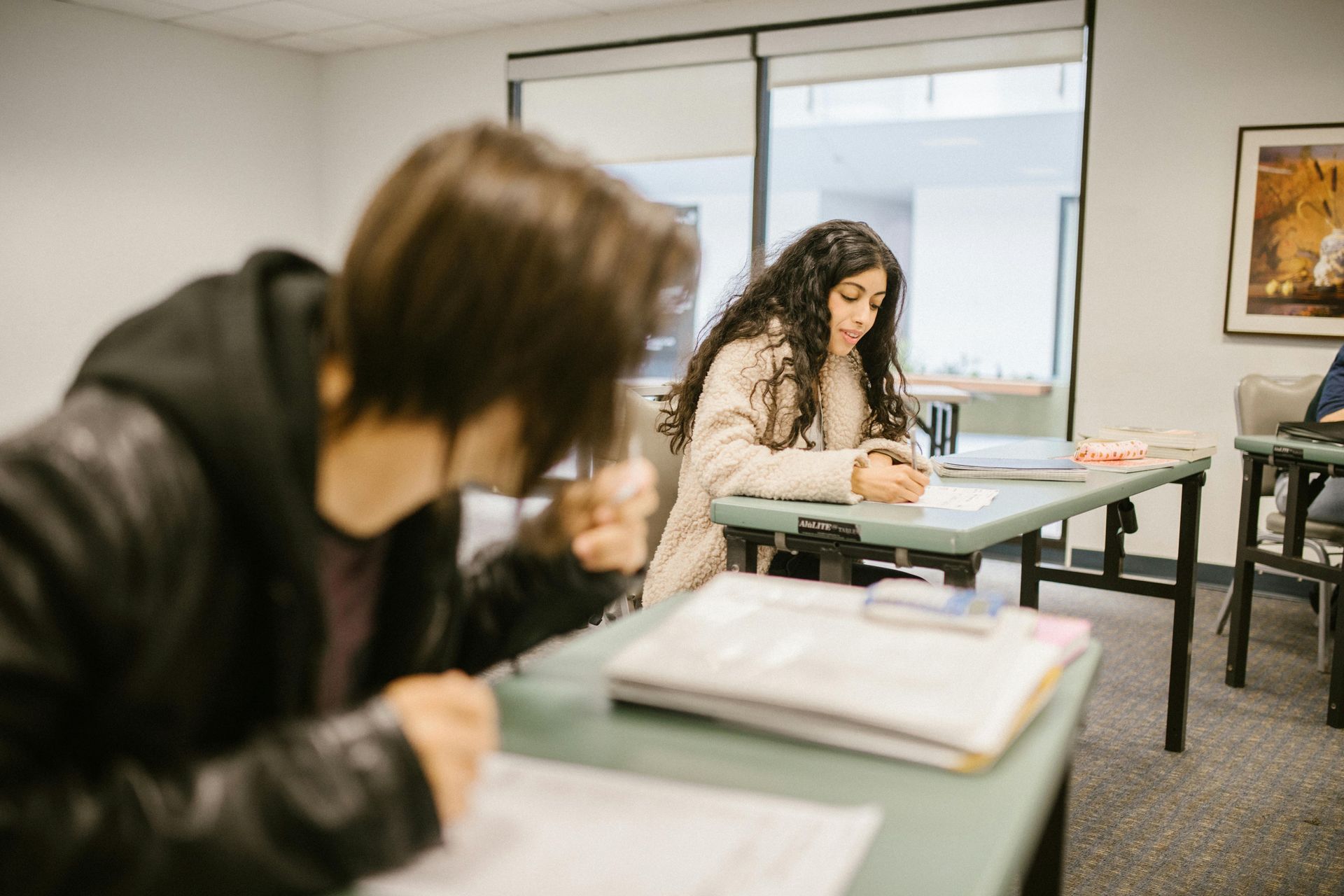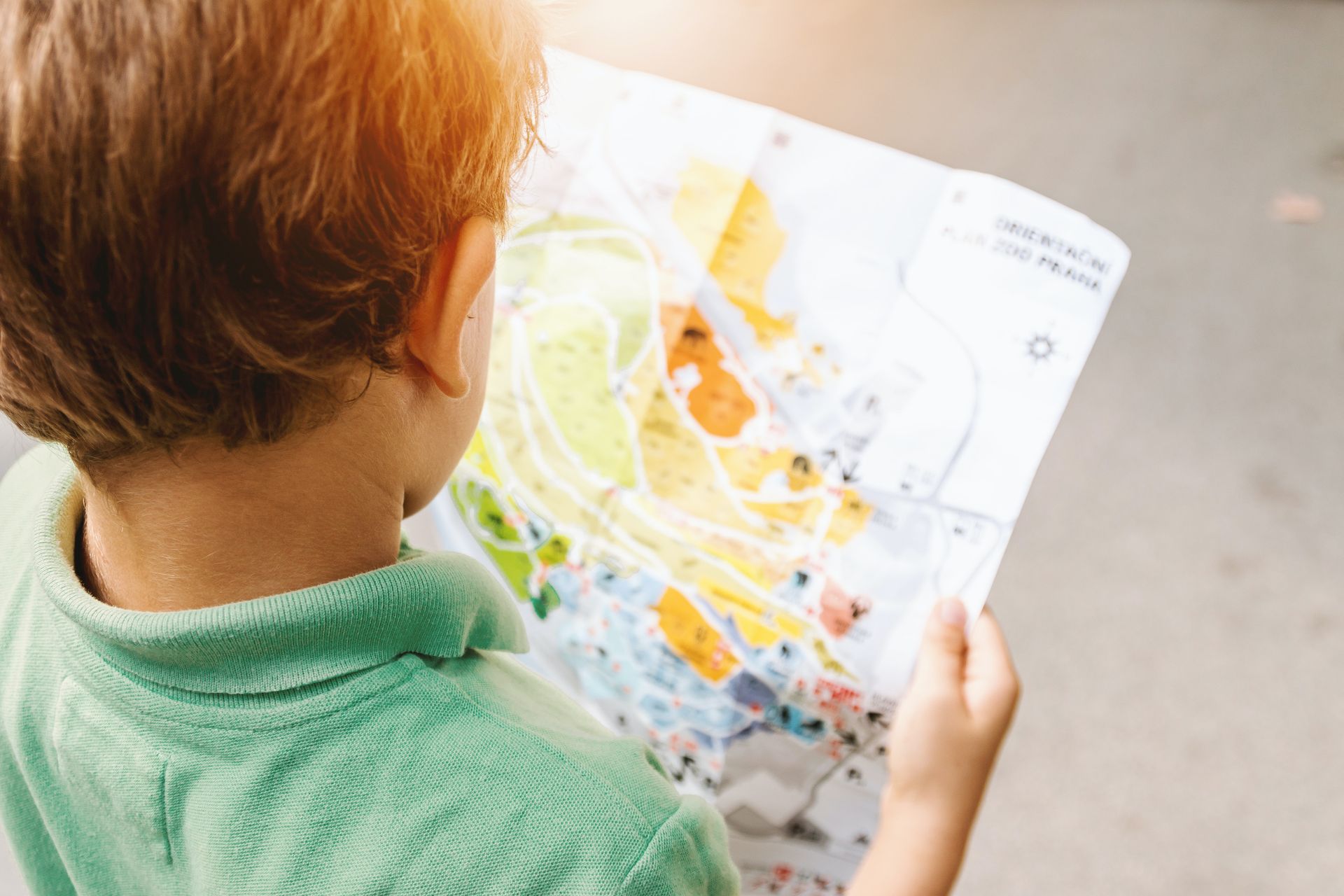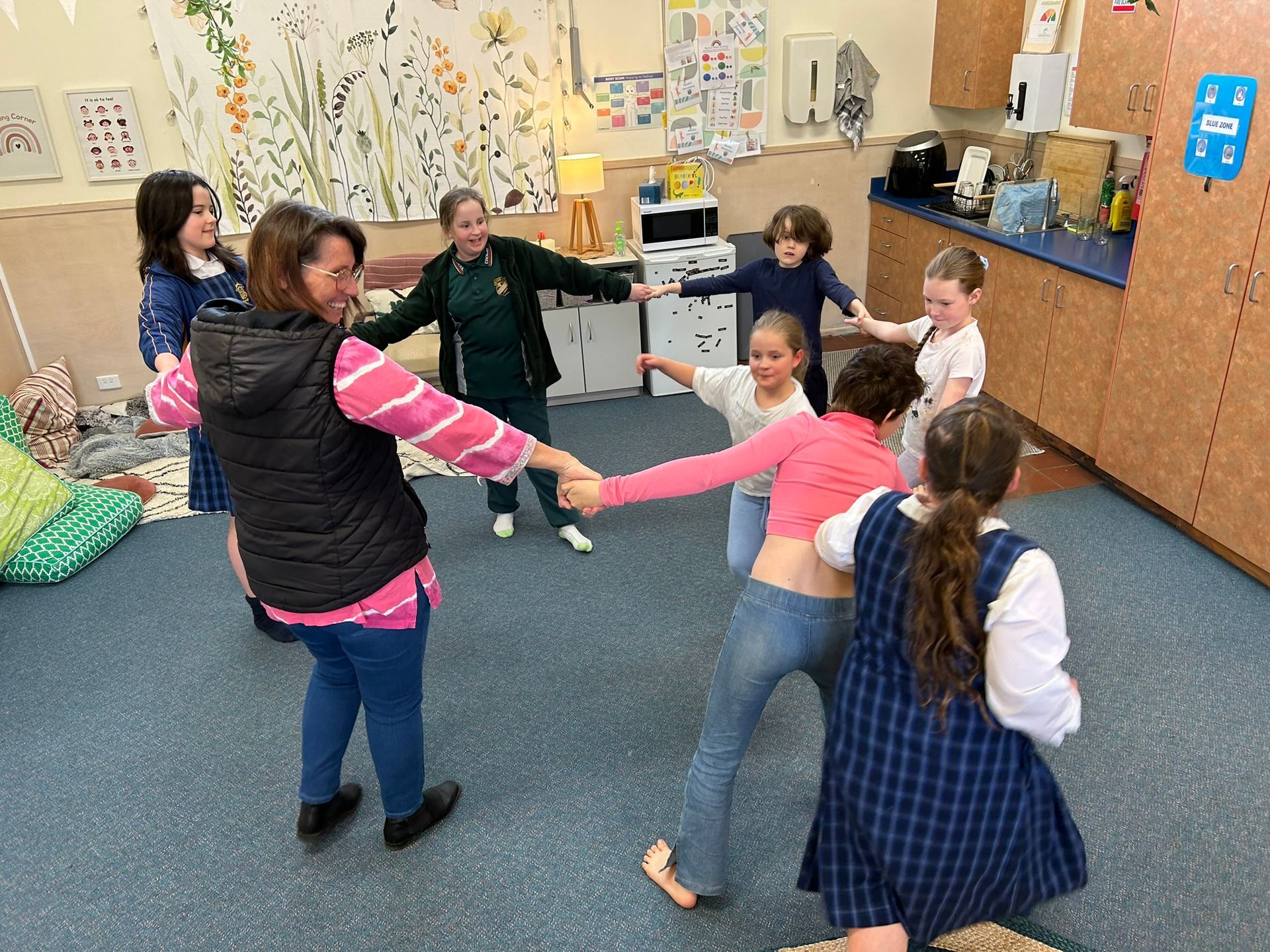PRETEND PLAY
They're not 'too old'!
Researchers have found that in comparison with other generations, modern children spend more time on screens and less time outside or with other children. Similarly, they tend to ‘down tools’ on pretend play and are exposed to adult concepts and the complexity of world issues earlier than previous generations. This has caused many of us to think that our children are ‘too old’ for pretend play, aren’t interested or have grown out of it, yet nothing could be further from the truth. Give them a few household items, and if necessary, help set the scene and play with them, you’ll be pleasantly surprised just how much they nag you to ‘do it again!’… and again and again and again!
With that said, pretend play, where children engage in make-believe scenarios, is more than just a fun activity; it is a critical component of their development. Children explore different roles and situations, helping them understand the world around them and develop essential social, emotional, physical and cognitive skills. This imaginative play allows children to practice problem-solving, develop language skills, and develop their creativity and problem-solving. For instance, when a child pretends to be a vet, chef or a teacher, they are not only mimicking adults but also learning about social roles and responsibilities. This type of play fosters flexibility in thinking, as children navigate various scenarios and adapt their behaviour accordingly.
Moreover, pretend play plays a significant role in social and emotional development. When children engage in group make-believe activities, they learn to cooperate, share roles and items, take turn, negotiate, and resolve conflicts with their peers. This interaction helps them develop social cognition as they consider others' perspectives and feelings. Additionally, pretend play provides a safe environment for children to express their emotions and work through fears or anxieties. For example, a child who has experienced a visit to the doctor might reenact the scenario to process their feelings and gain a sense of control.
Pretend play is also instrumental in nurturing five key social-emotional skills: social awareness, self-awareness, self-management, responsible decision-making, and relationship skills. Through imaginative scenarios, children develop social awareness by recognising and responding to the emotions and perspectives of others, which is important to build empathy. Self-awareness is developed as children reflect on their own feelings and actions within the play context, gaining a deeper understanding of their identity and emotions. Self-management skills are cultivated as children learn to regulate their emotions and behaviours to fit the roles and rules of their make-believe worlds. Responsible decision-making is practiced when children navigate the consequences of their choices within their imaginative scenarios, even building critical thinking and ethical considerations. Lastly, relationship skills are honed as children engage with peers, negotiate roles, share ideas, and resolve conflicts, laying the groundwork for positive social interactions and teamwork. Through pretend play, children not only entertain themselves but also build a strong foundation for their social and emotional development, which are essential skills needed to make and keep friends, not only as children, but in life beyond.










